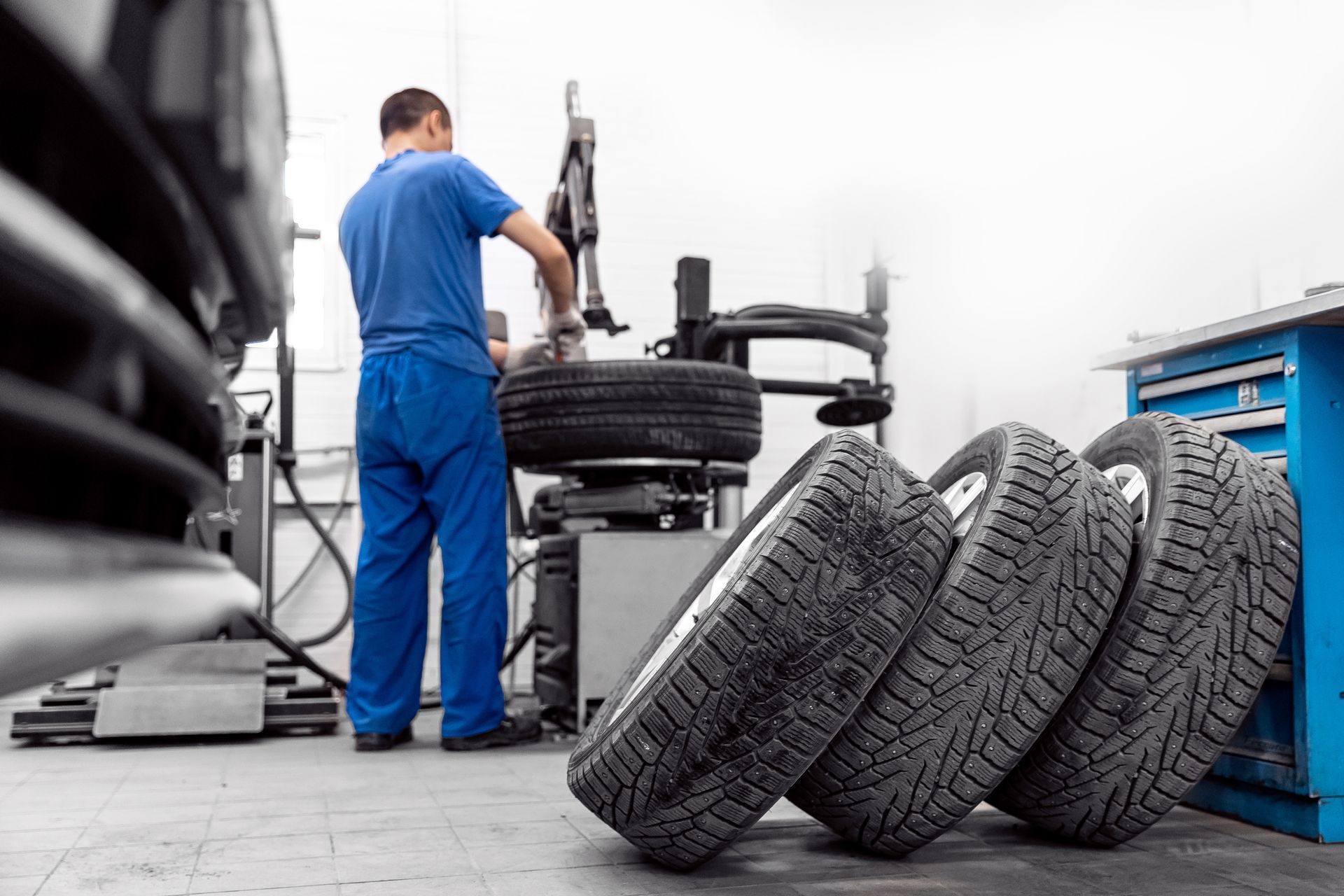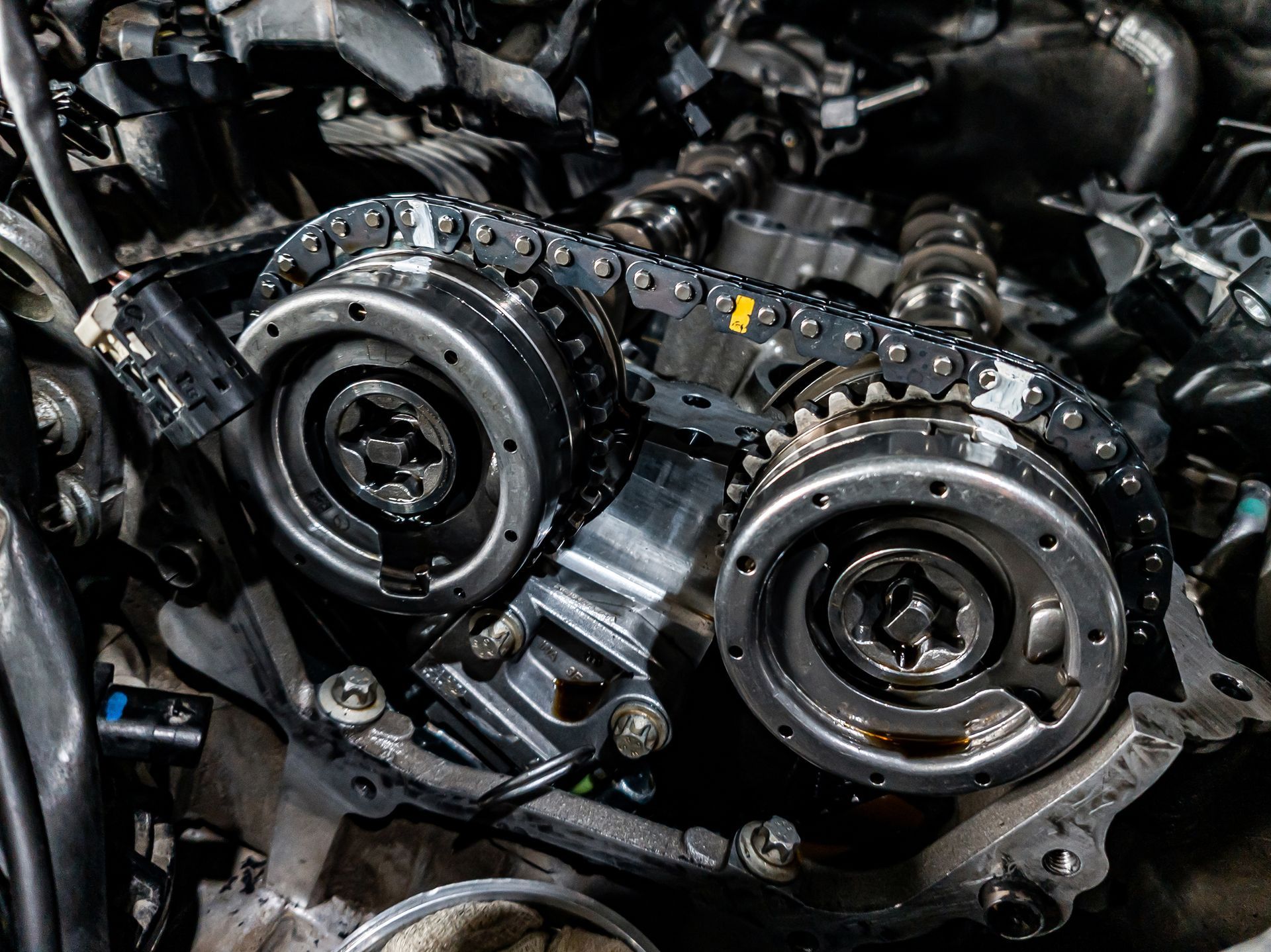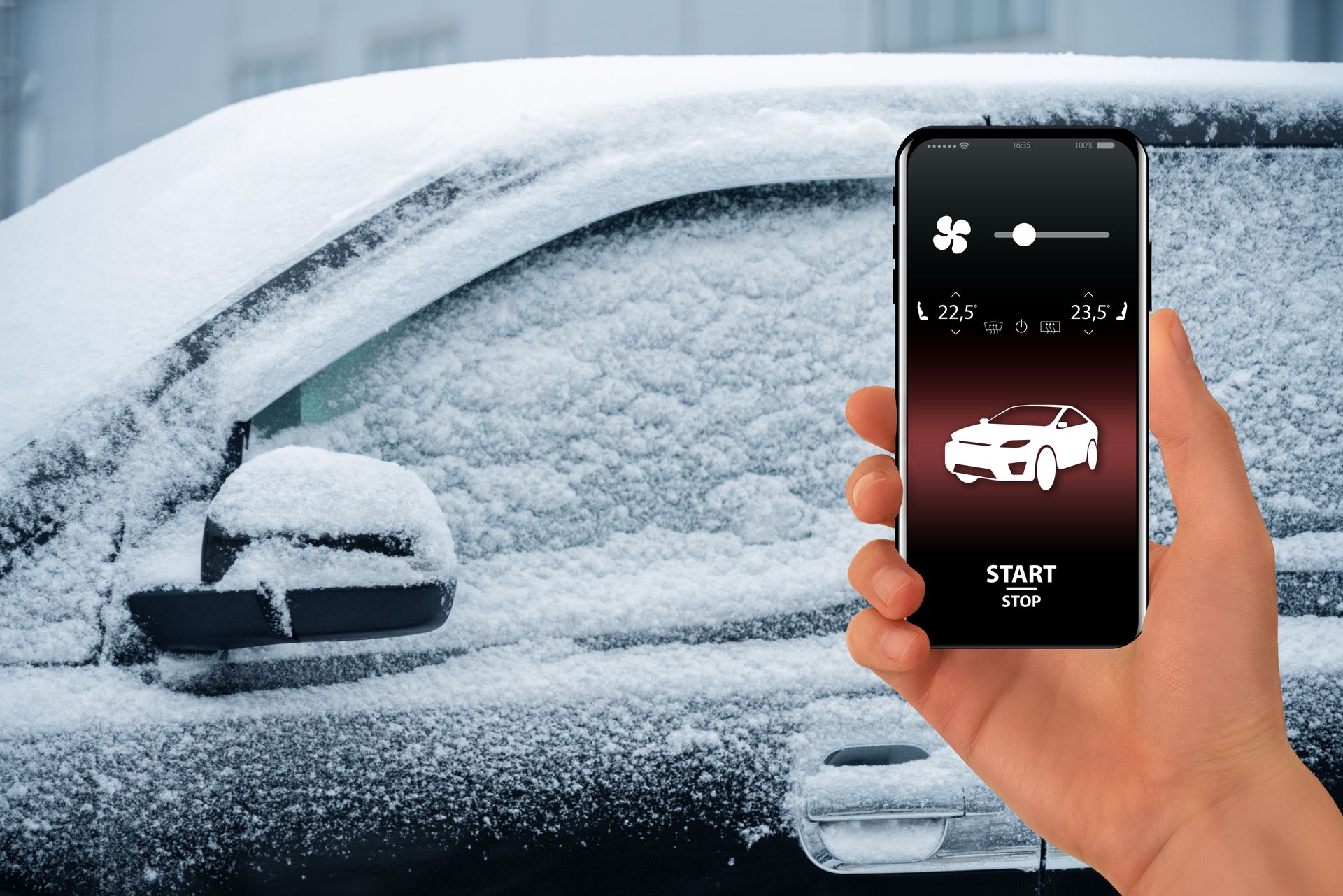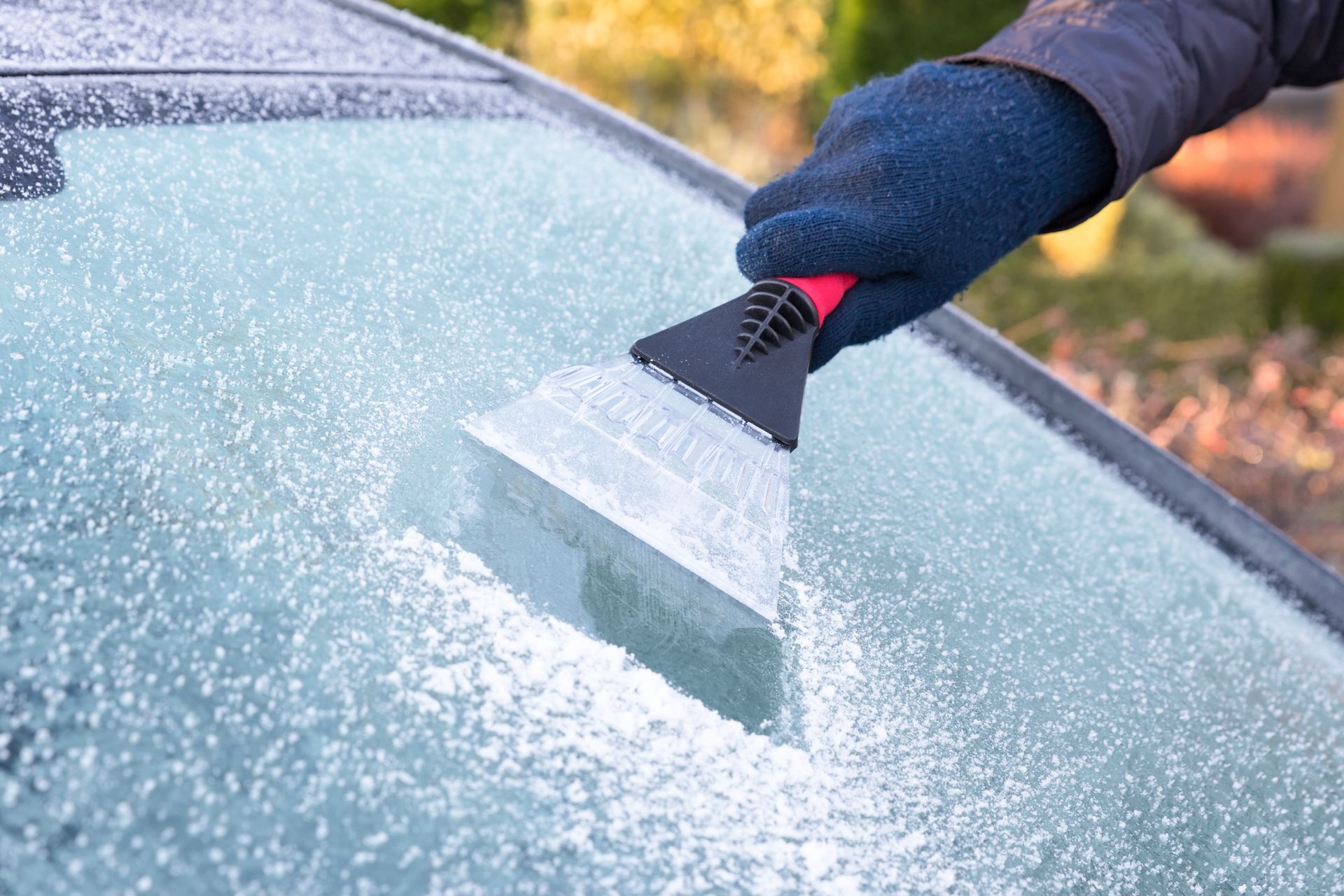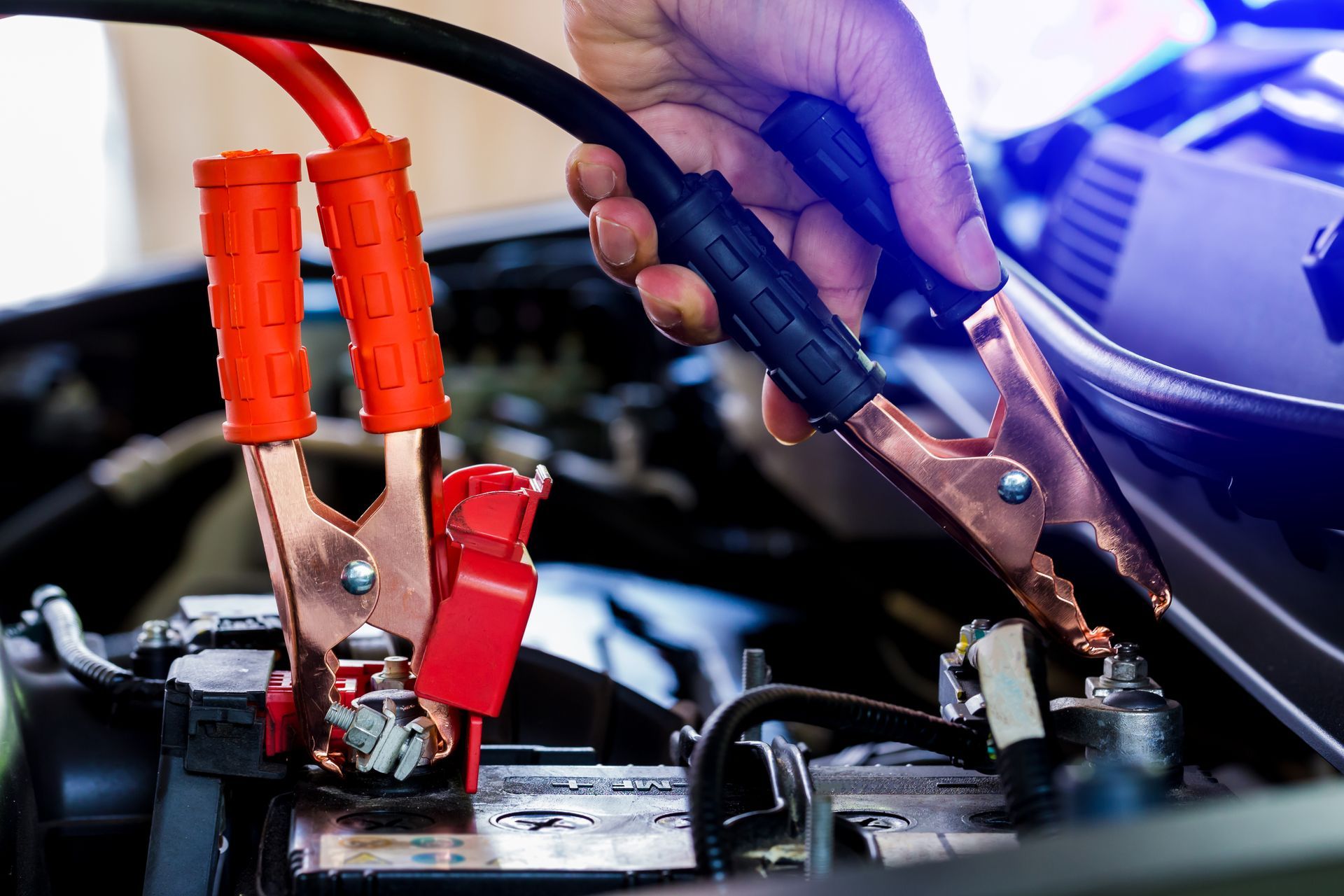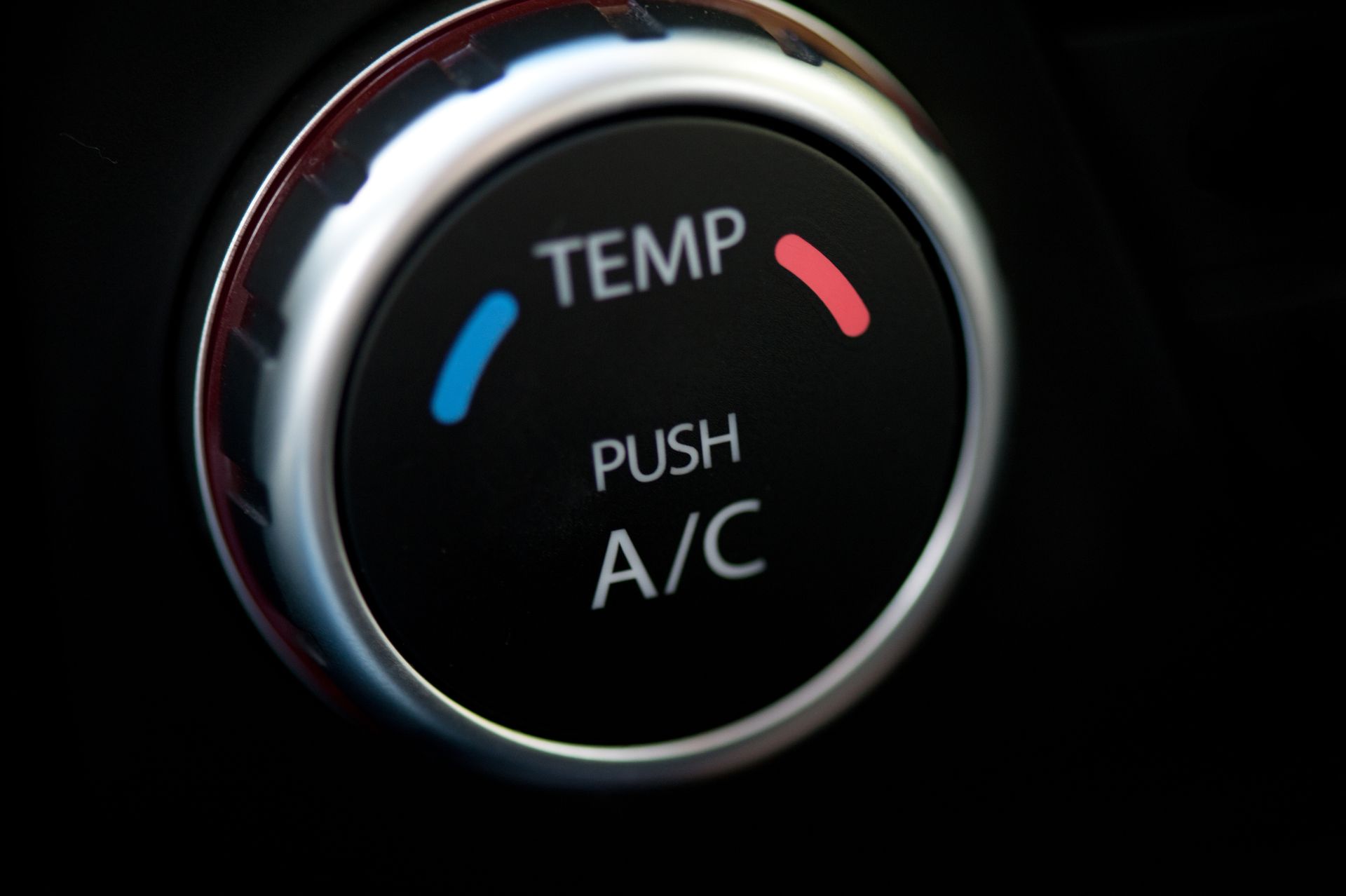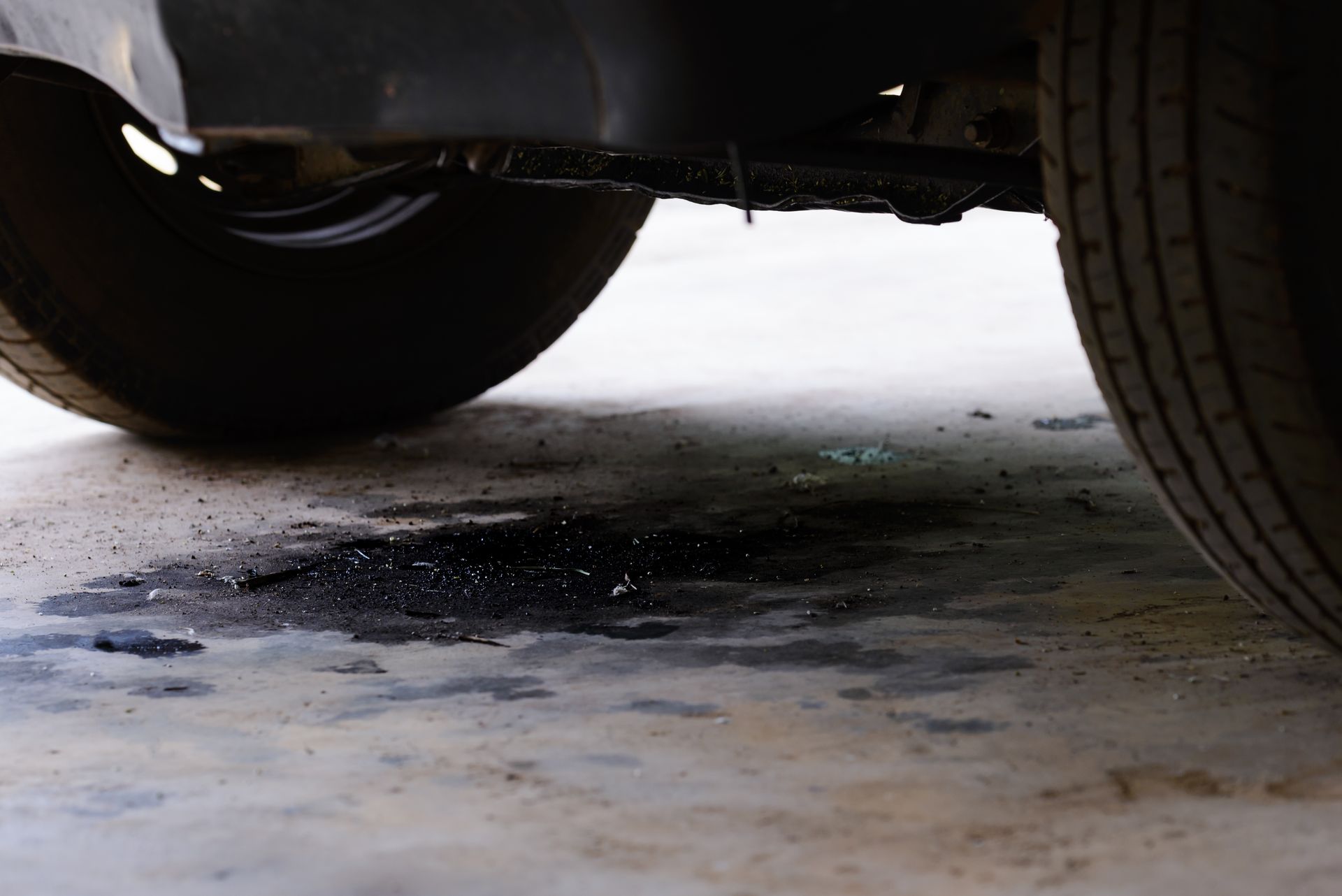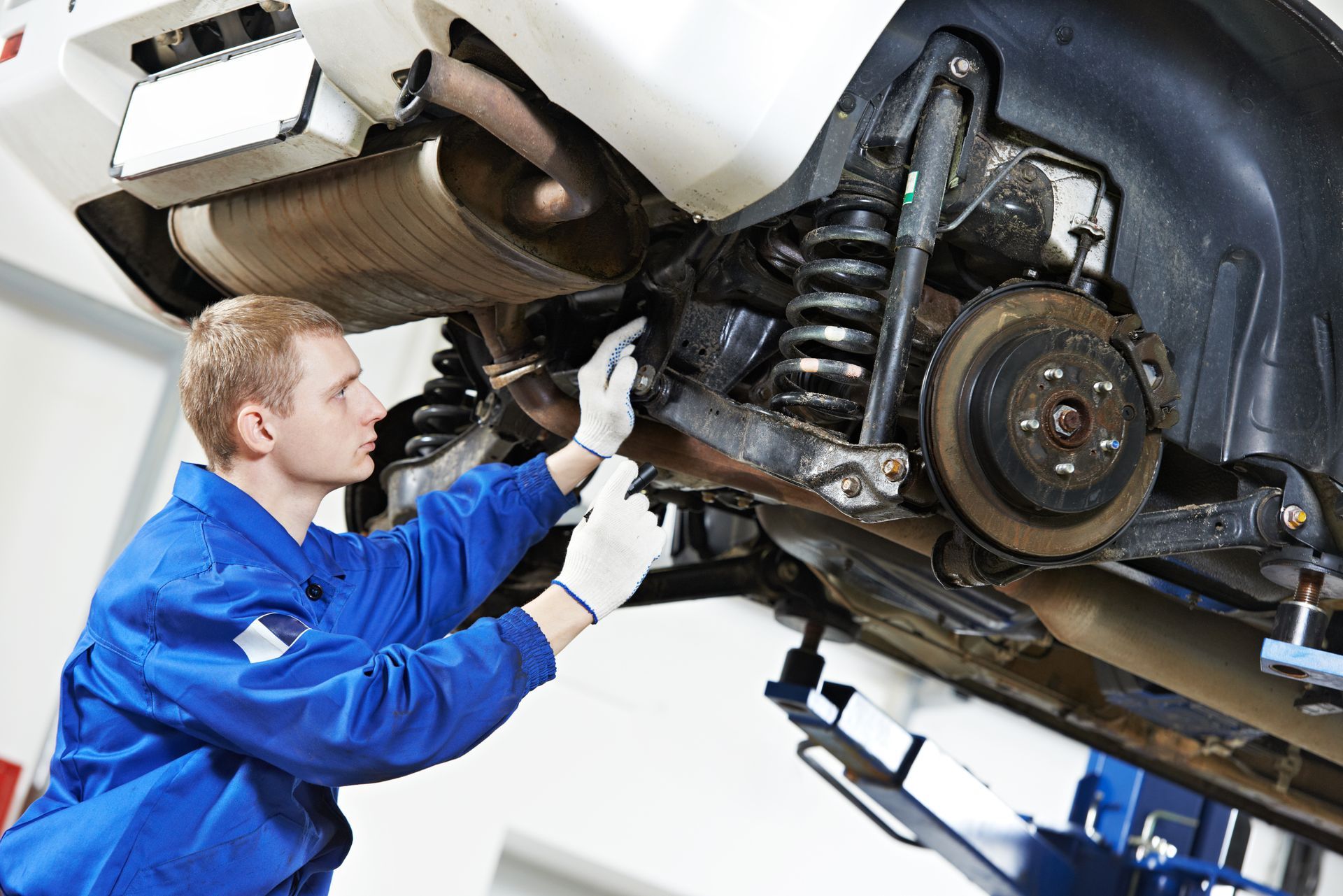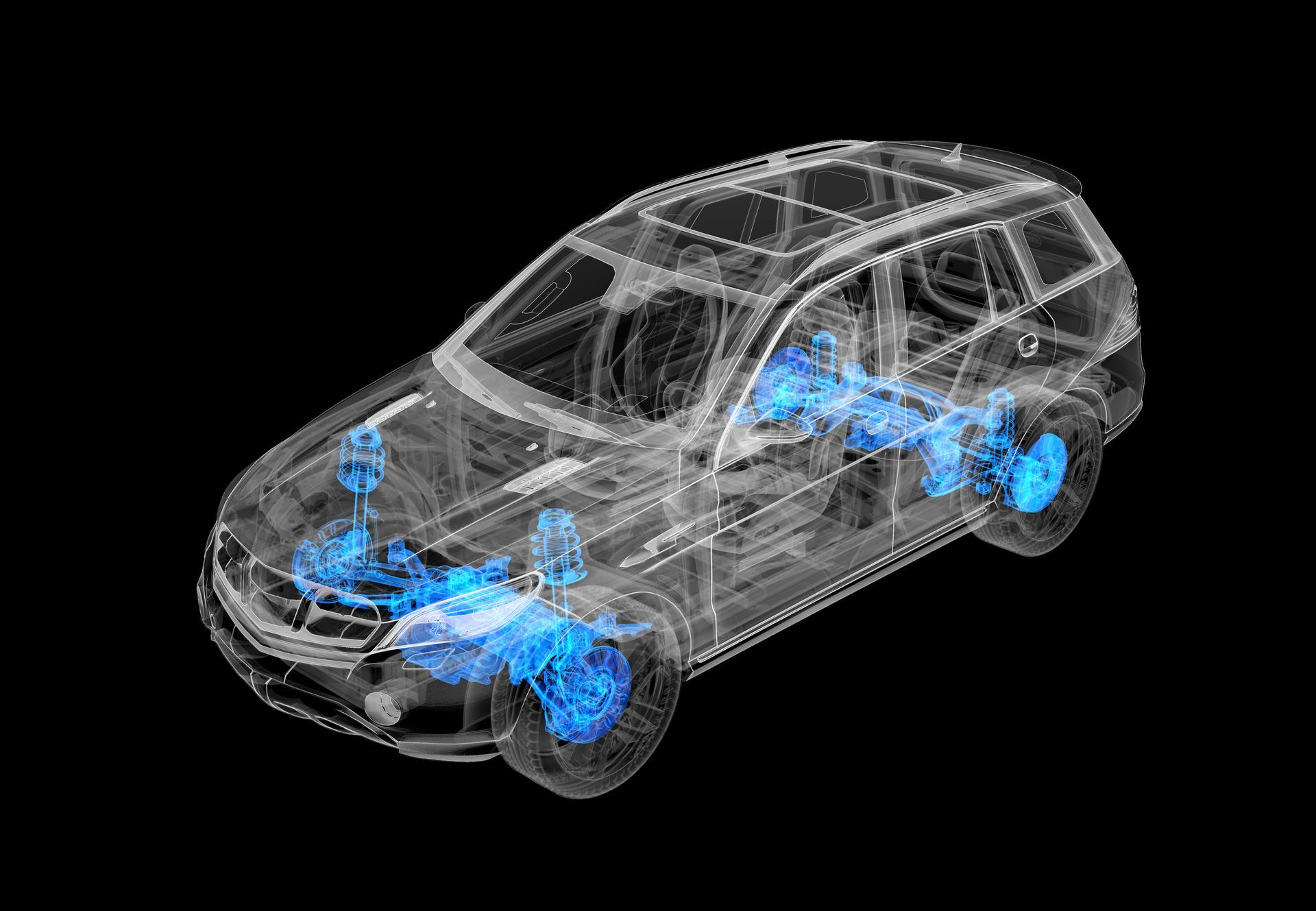Spring in Wichita brings warmer weather, blooming trees, and a familiar yellow dusting on nearly every surface, including your vehicle. Pollen isn’t just an allergy trigger; if not handled properly, it can also affect your car’s exterior, interior air quality, and overall performance.
You might be used to brushing pollen off your windshield, but understanding how it interacts with your vehicle can help you prevent long-term damage. Here’s what every driver in Kansas should know about protecting their car during pollen season.
Pollen Can Damage Paint if Left Untreated
That light, dusty layer may look harmless, but pollen is acidic. When it mixes with dew, rain, or moisture from the air, it forms a sticky residue that clings to your paint. If left for too long, this residue can begin to eat into your car’s clear coat and eventually the paint beneath.
Wiping pollen off with a dry cloth may seem like a quick fix, but it can actually scratch the surface, especially if dust or grit is mixed in. Instead, regular washes with water and car-safe soap are the best way to remove buildup without damaging the finish.
Clogged Cabin Air Filters Reduce Air Quality
Your vehicle’s cabin air filter removes pollen, dust, and other airborne contaminants from the ventilation system. During high-pollen months, that filter can clog faster than usual, reducing airflow and trapping allergens inside the car.
If you notice reduced fan performance, lingering odors, or more sneezing while driving, your cabin filter might need replacing. In most cases, it should be checked and replaced at least once a year—but in a pollen-heavy area like Wichita, twice a year may be better, especially during spring and fall.
Interior Surfaces Need Frequent Cleaning
Pollen doesn’t just stick to the outside of your vehicle. It comes in through open doors and windows and settles on your dashboard, seats, and floor mats. Once inside, it’s easy to stir up again when the HVAC system runs or windows are rolled down.
Wipe down interior surfaces regularly with microfiber cloths and use a vacuum with a HEPA filter to remove particles from fabric seats and carpet. Consider using interior air purifiers or placing charcoal bags under the seats to help absorb allergens and odors.
Your AC System Might Be Circulating More Than Air
Your air conditioning system can become a pathway for pollen to enter your cabin, especially if the system is set to draw in outside air. Switching your AC to recirculate mode can reduce how much pollen gets pulled in during heavy pollen days.
If your AC vents produce a musty smell or seem to stir up more dust than usual, you might have a buildup inside the HVAC system. A professional inspection and cleaning can clear out lingering particles and restore clean airflow throughout the car.
Frequent Car Washes and Waxing
Regular washing during pollen season is more than just cosmetic. It removes buildup that could stain or degrade your paint over time. Washing once a week is a good rule of thumb in peak pollen season, or even more often if your car is parked under trees.
Adding a fresh coat of wax acts as a barrier between your paint and the acidic residue. It makes it easier to rinse pollen off with water and keeps your exterior looking clean longer. Ceramic coatings offer even more durability against the elements if you want longer-lasting protection.
Auto Smart – Seasonal Vehicle Care You Can Count On in Wichita, KS
At
Auto Smart in Wichita, we help drivers protect their vehicles through every season, including pollen-filled spring days. Whether it’s time for a cabin filter replacement, an AC cleaning, or a professional wash and wax, we’re here to help you stay comfortable and keep your car in top shape. Drop by today for expert maintenance that keeps your vehicle clean, protected, and ready for the road

